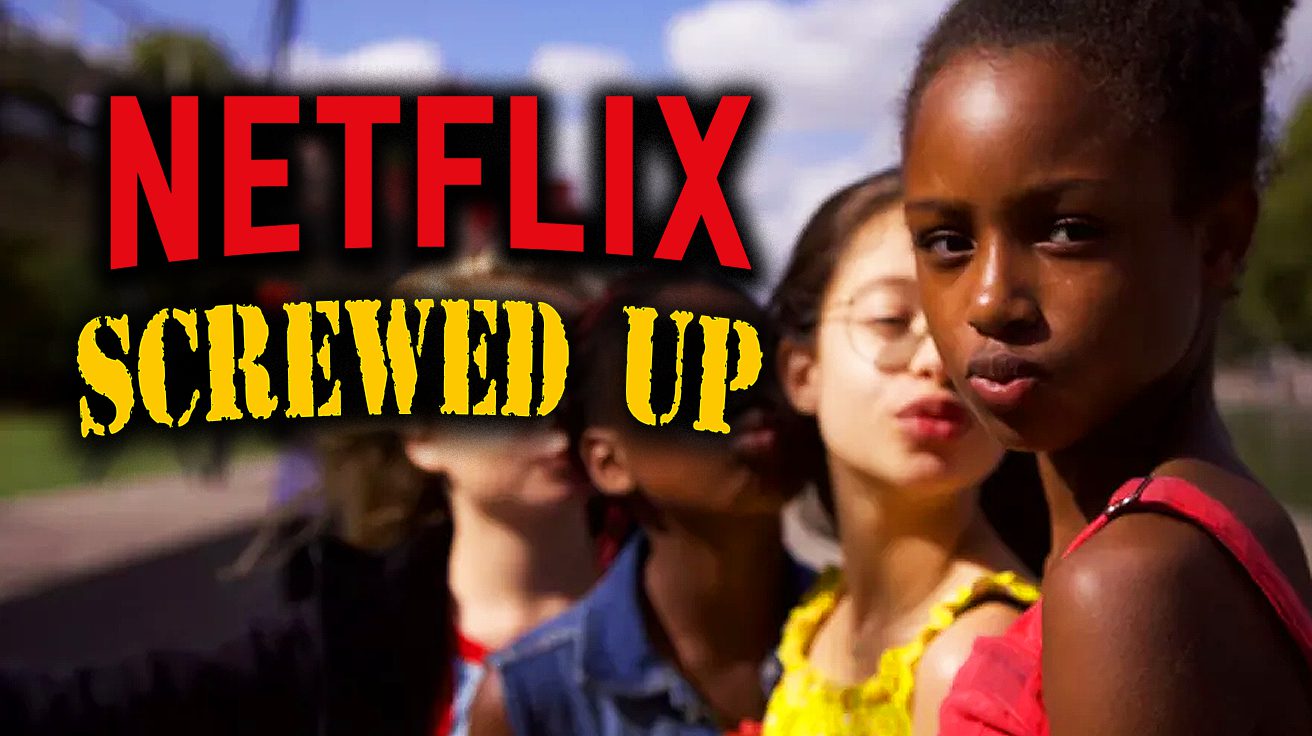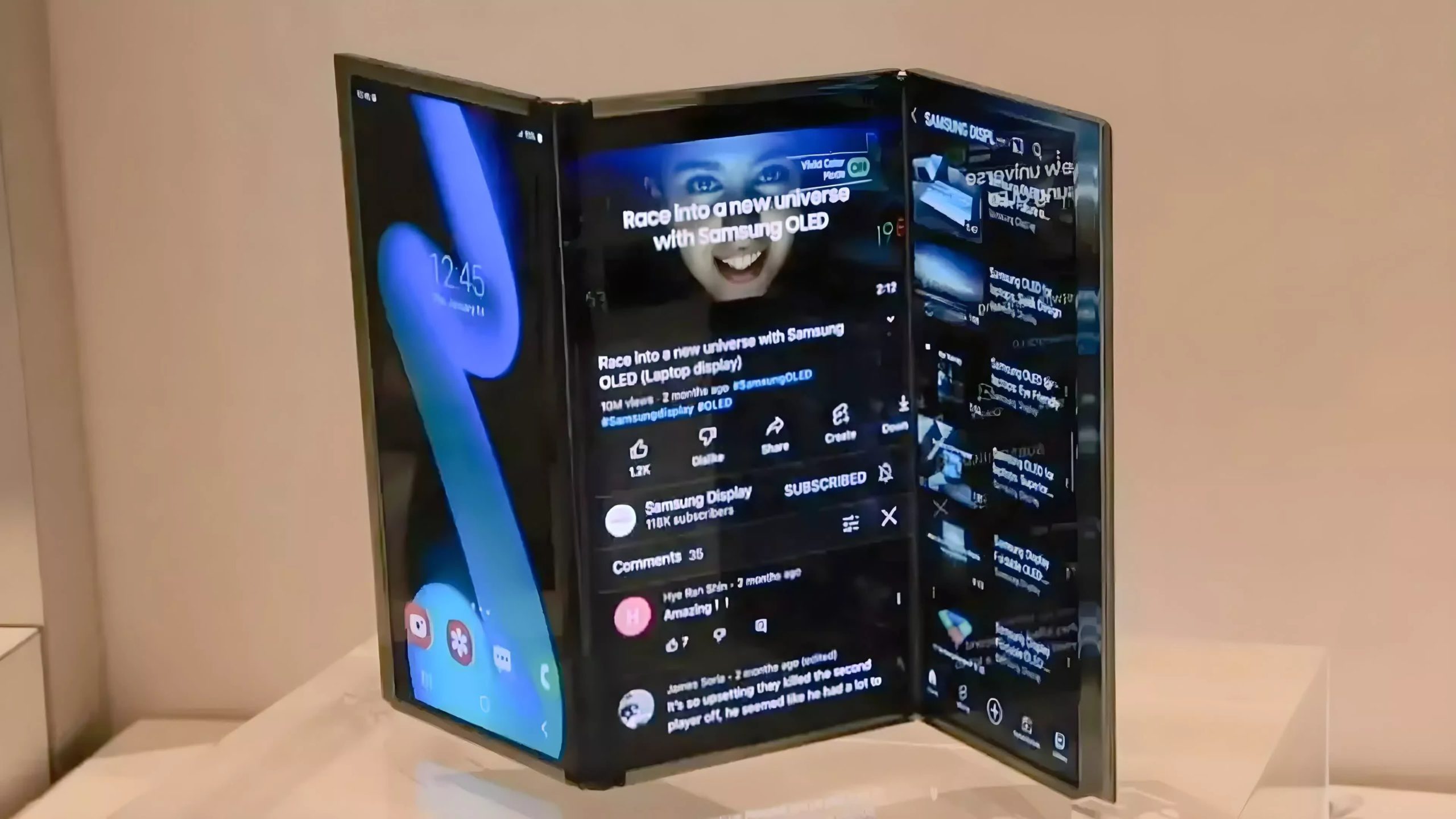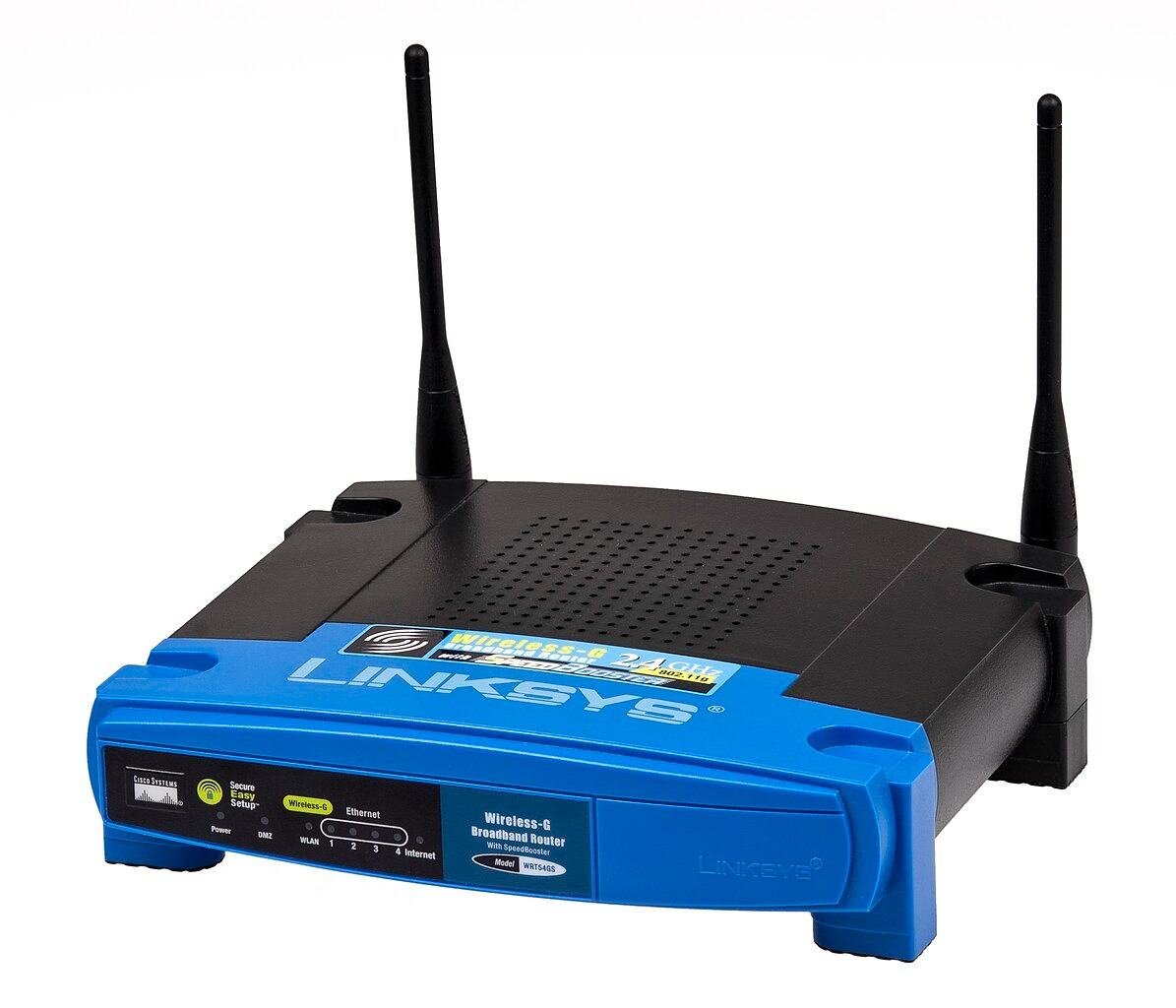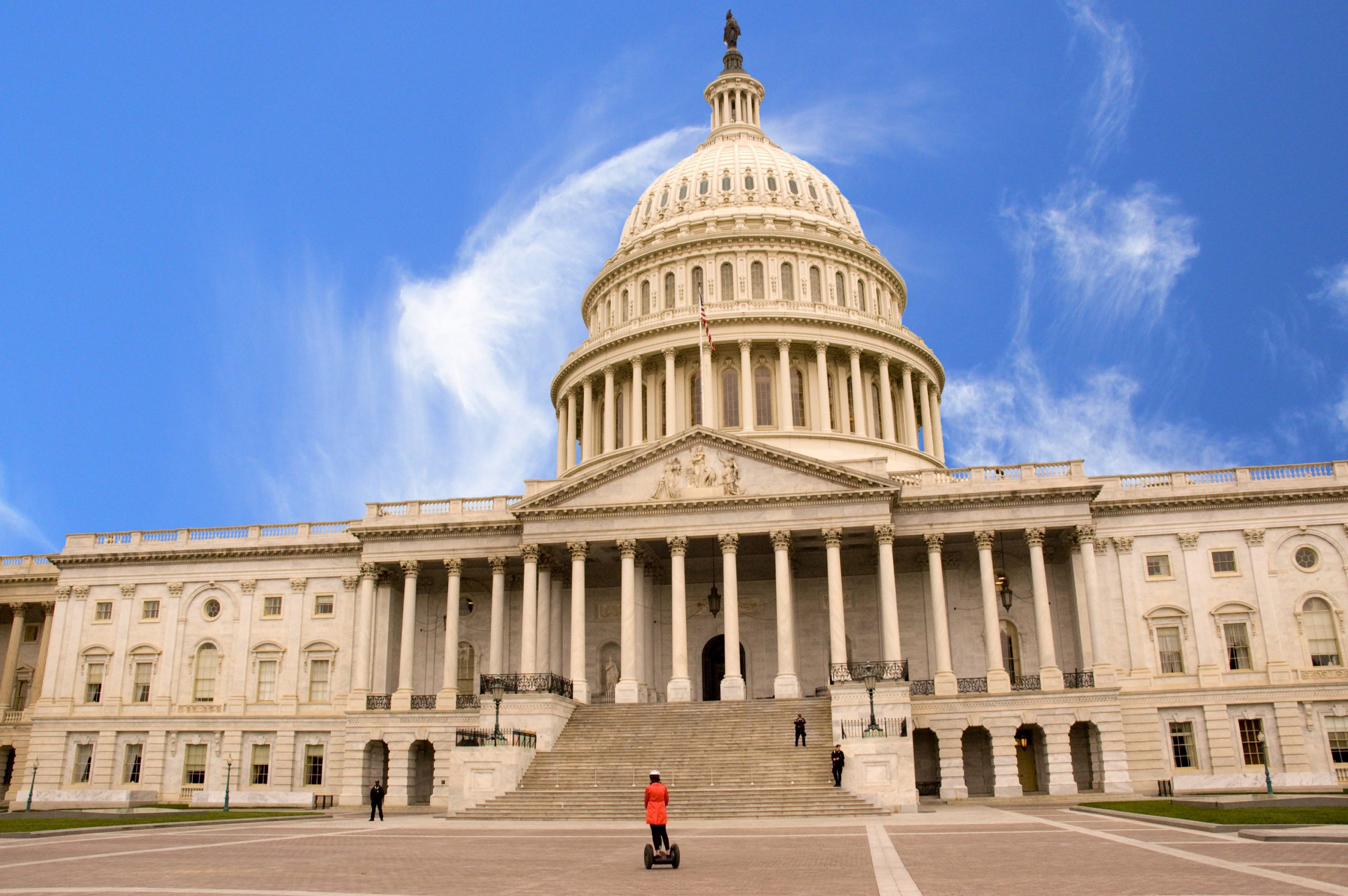Marketing a movie is like playing three-dimensional chess while riding a unicycle—one wrong move and everything crashes spectacularly. Studios spend millions crafting campaigns designed to generate buzz, but sometimes that buzz sounds more like a swarm of angry hornets. These ten marketing disasters prove that when promotional stunts go wrong, they go very wrong.
10. X-Men: Apocalypse’s Violence Against Women Billboard
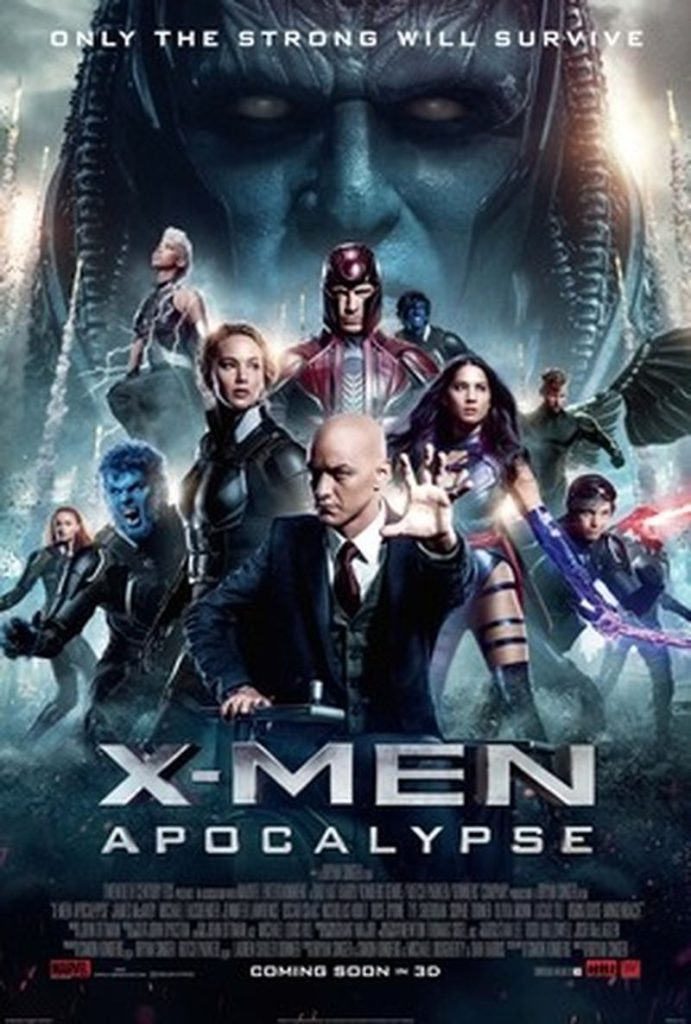
The 2016 X-Men sequel seemed destined for success until Fox plastered billboards with Oscar Isaac’s Apocalypse strangling Jennifer Lawrence‘s Mystique. Critics, led by actress Rose McGowan, slammed the imagery as glorifying violence against women without any contextual explanation. The backlash erupted so quickly that Fox issued a public apology and yanked the ads faster than you could say “damage control.”
9. The Lorax’s Hypocritical Car Partnership
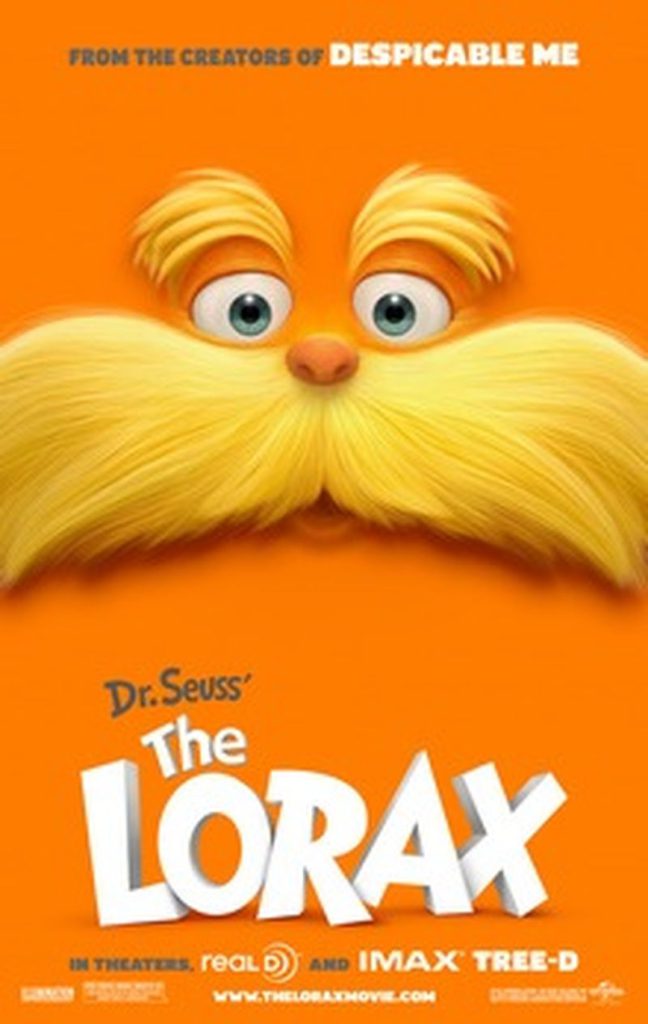
Someone at Universal clearly missed the memo about Dr. Seuss’s anti-capitalist environmental fable. The studio struck over 70 brand partnerships, including a cringe-worthy collaboration with Mazda promoting their CX-5 SUV. Watching the Lorax advocate for car sales was like seeing Gandhi endorse a weapons manufacturer—the cognitive dissonance was painful to witness, and YouTube commenters made their displeasure abundantly clear.
8. Ghost in the Shell’s Meme Generator Backfire
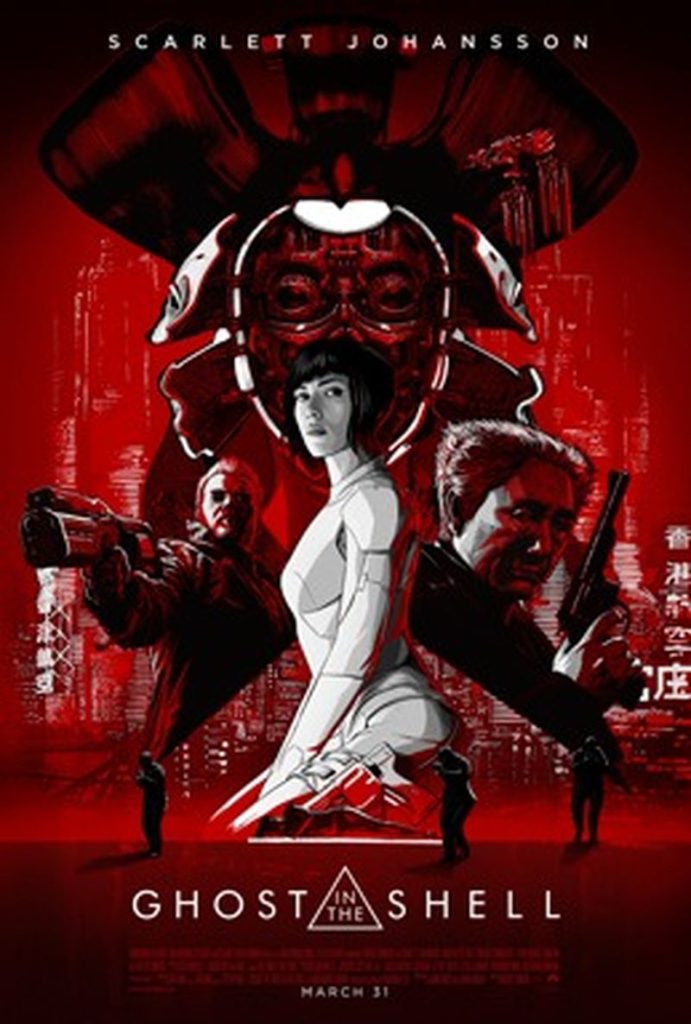
Paramount’s 2017 adaptation already faced fierce criticism for casting Scarlett Johansson in an iconic Japanese role. Their marketing team’s brilliant solution? Launch a meme generator for social engagement. Critics immediately weaponized the tool, flooding social media with protests about the casting decision. It was like handing protesters megaphones and asking them to keep it down.
7. Cuties’ Inappropriate Netflix Poster
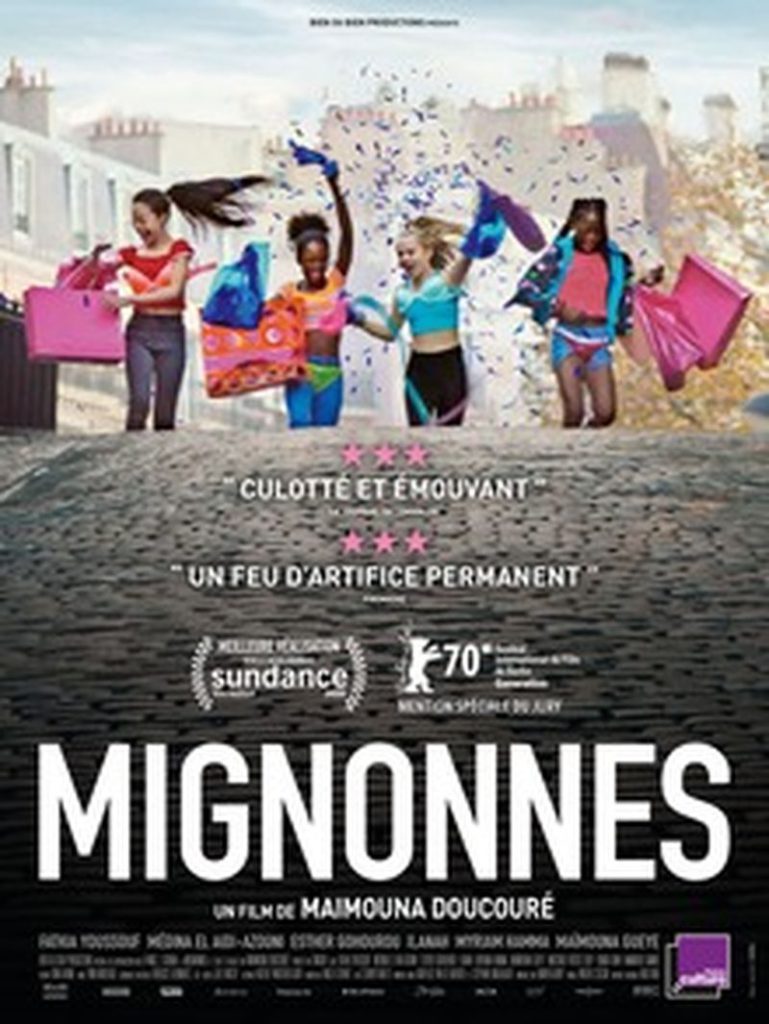
Netflix transformed a critically praised French film about the dangers of sexualizing young girls into marketing material that did exactly that. The poster depicted preteen actors in provocative poses, completely contradicting the movie’s cautionary message. The global outcry included a petition with over 600,000 signatures demanding Netflix cancellations, forcing the platform to apologize and replace the imagery.
6. Tenet’s Tone-Deaf Theater Push During COVID
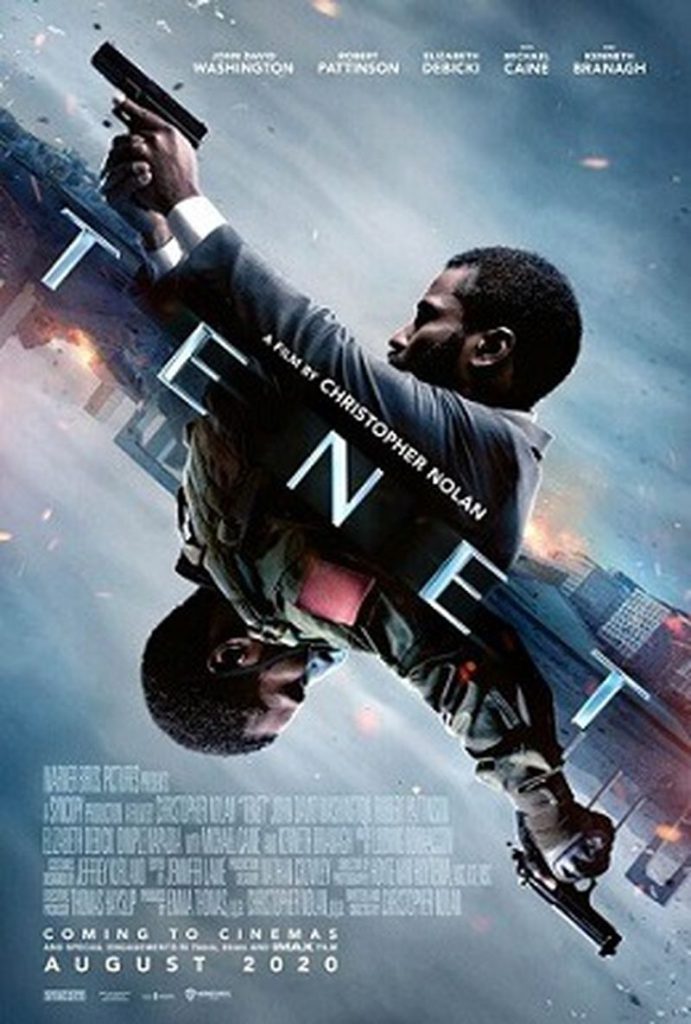
Christopher Nolan’s latest mind-bender came with an aggressive “only in theaters” campaign just as COVID-19 kept audiences home. Warner Bros. treated pandemic safety concerns like minor inconveniences, pushing theatrical exclusivity while infection rates soared. The strategy backfired spectacularly—audiences stayed home, box office numbers plummeted, and the industry scrambled to adjust release strategies.
5. Million Dollar Mystery’s Expensive Prize Paradox
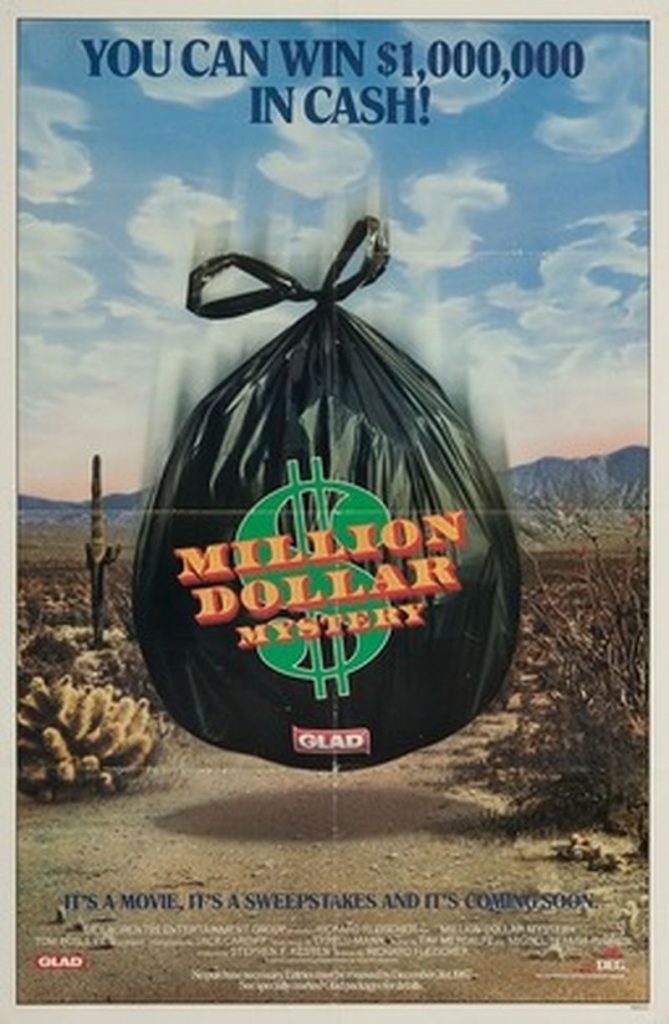
In 1987, producer Dino De Laurentiis promoted his comedy with a $1 million cash prize for solving the film’s mystery. The movie tanked so hard it grossed less than the prize money, creating the surreal situation where the marketing giveaway exceeded total box office receipts. The winner probably felt awkward cashing that check.
4. Forgetting Sarah Marshall’s Real Name Controversy
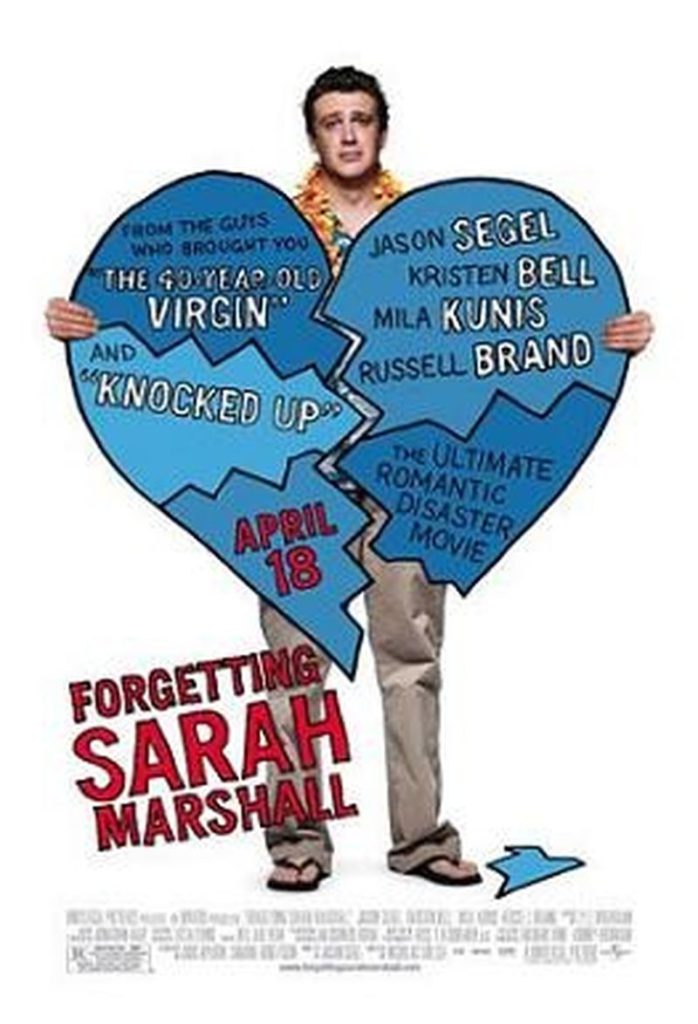
The romantic comedy’s marketing featured insulting messages directed at the fictional Sarah Marshall, plastered across billboards and bus stops nationwide. Real-life Sarah Marshalls didn’t appreciate seeing “You Suck Sarah Marshall” during their morning commute. Several responded publicly, turning a simple promotional gag into an unintended harassment campaign against innocent bystanders.
3. The Hunt’s Political Message Confusion
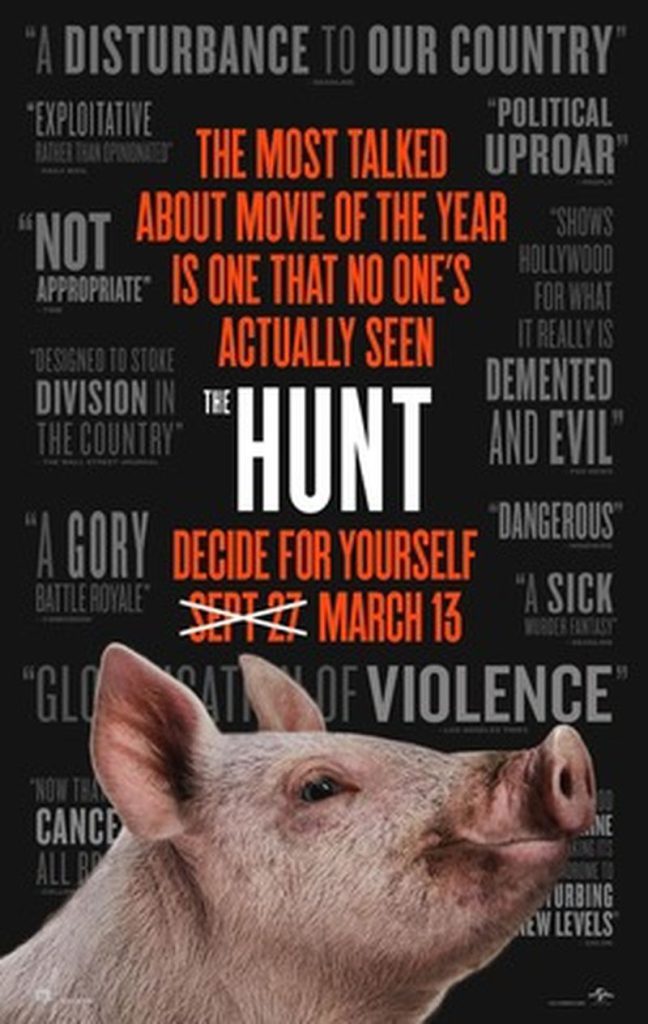
Universal‘s satirical thriller faced delays after mass shootings, but the eventual marketing campaign doubled down on divisive political themes without clarifying the film’s satirical tone. The messaging confused audiences and satisfied no one—conservatives felt attacked while liberals found the approach tone-deaf. The box office reflected the universal dissatisfaction.
2. Jennifer’s Body’s Misleading Sex Appeal Focus
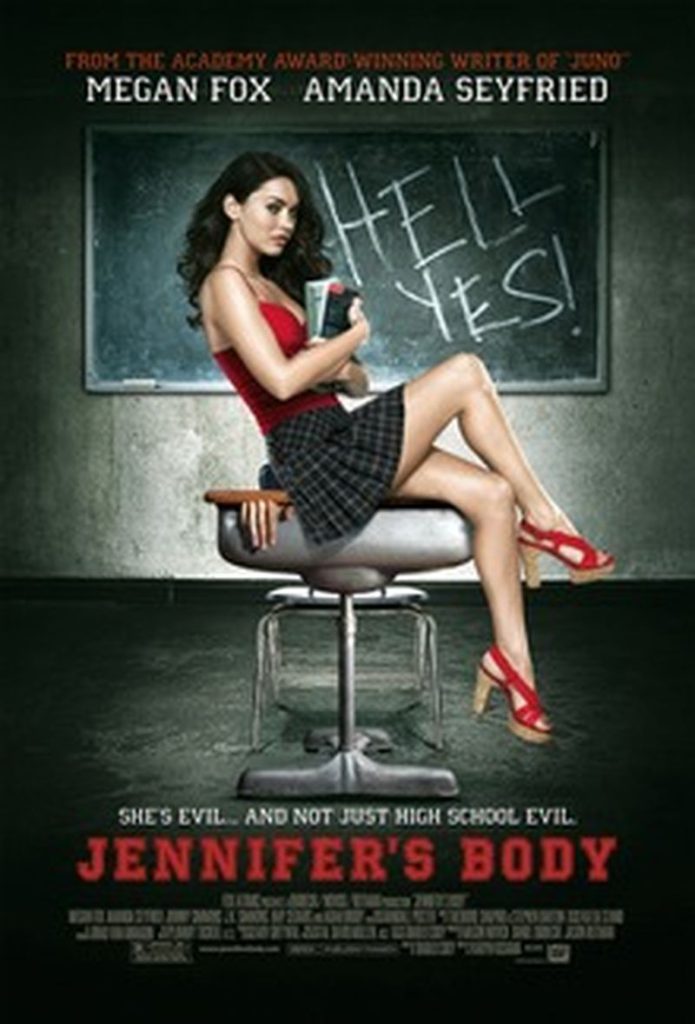
The film received marketing treatment that completely ignored its clever feminist themes, instead focusing exclusively on Megan Fox’s sex appeal. This approach attracted the wrong audience and repelled viewers who might have appreciated the actual content. The misrepresentation contributed to commercial disappointment, though critical reappraisal later highlighted the film’s subversive qualities.
1. A Belfast Story’s Nail Bomb Press Kits
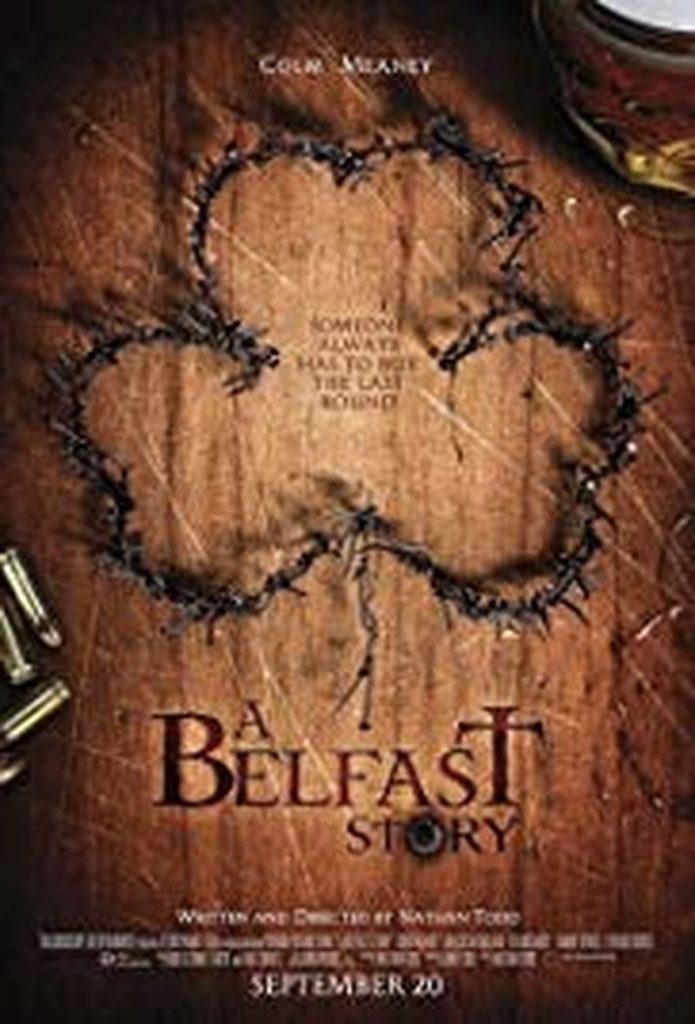
Director Nathan Todd achieved instant infamy by mailing press kits designed as nail bomb replicas to promote his Northern Ireland crime film. The stunt was so tone-deaf it became legendary—journalists received packages mimicking the very weapons that terrorized Belfast for decades. Todd quickly apologized for trying to capture “the weight and physicality of violence,” but the damage to his reputation was already explosive.


